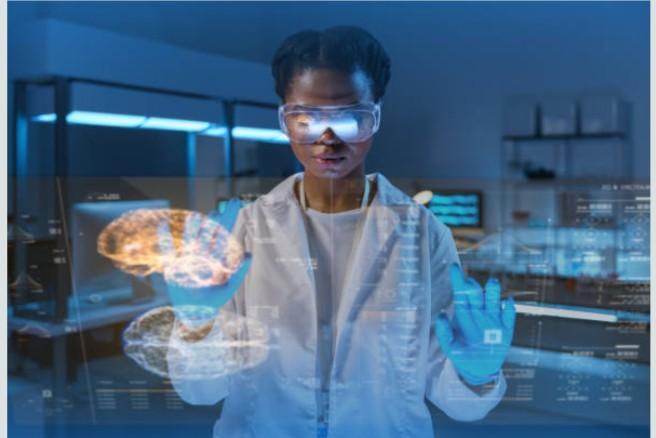

The application of artificial intelligence (AI) is expanding in medicine. It has improved, particularly in the diagnosis and the administration of medication. In recent times, various studies have investigated how AI might improve clinical decision-making. Accurate diagnosis is an essential component of all healthcare systems worldwide. The repercussions that a misdiagnosis can have on a patient are common knowledge. In this context, AI diagnosis, with a minor to nonexistent margin of error, plays an important role.
Traditional methods, and AI-based approaches complement the interpretation of results by healthcare specialists. Doctors and nurses receive great help from the inclusion of AI-based tools. As a student, you can tell why you chose nursing in essay if you want to step into the medical field as a nurse. Recently, machine learning has developed vital tools that assist physicians in making diagnoses. Artificial intelligence can become a powerful support tool for healthcare specialists. It aids in handling a vast workload by supporting the diagnosis. Find out the role AI has to play in medical diagnosis.
Table of Contents
The Role AI Plays in Today’s Medical Diagnosis
Artificial Intelligence (AI) has changed healthcare and medical analysis over time. Today, doctors and nurses have access to automated medical test results and biomarkers that can predict what will happen. Now, unlike years ago, many standard laboratory tests can be done by AI-powered programs. With clinical documentation tools that use AI, a doctor can do less work. This lets them focus on solving the system’s simple medical problems.
With AI in medicine, doctors and nurses always discover new things about health. At school, medical students learn about how Artificial Intelligence can be used to make medical diagnoses. From being exposed to AI at a young age, they learn how AI improves medical care. It makes it easier for doctors and nurses to do their jobs. By writing a study paper, a student can find out how AI works together to make patient care better. Data and algorithms are becoming more common because the healthcare business needs them.
AI Tools that Assist Medical Diagnosis
Below is an overview of some of the most notable applications of AI that aid AI medical diagnosis:
Enlitic
Enlitic is an AI-powered platform for healthcare intelligence. It works to increase the precision of health data. This tool aims to improve patient care by providing a precision diagnosis. It also offers clinical decision support. This method can assist in the early detection of health issues. Thus, it enhances treatment decisions. It helps give a more accurate picture of the patient’s health. Enlitic intends to make data-driven care more available to patients. It offers patients access to their medical records in a safe environment.
Twill
Twill is reshaping the healthcare industry. It achieves this by integrating digital-first care with mental and physical health. Apps and tools focused on therapy and wellness can assist healthcare specialists. It aids in bridging the gap between treatment needs and available options. It employs techniques that enable individuals to take charge of their well-being. Twill recognizes trends in mental health through machine learning. It also applies natural language processing.
Akasa
Artificial intelligence assists in streamlining processes by automating administrative chores. This frees up employees to concentrate their efforts where they are most needed. The automation matches the specific requirements and goals of a facility. It also preserves accuracy in managing payments and revenue cycles.
Microsure
Surgeons can transcend the human physical restrictions they face because of Microsure robots. During surgical procedures, the motion stabilizer technology improves performance and precision. The company’s MUSA surgical robot can perform microsurgery. Engineers and doctors pioneered the design of this robot. Specialists can control it using joysticks
The past decades have been critical in transforming the healthcare and diagnostic sector. The adoption of AI in medicine has progressed at a slower rate compared to other sectors. This is the result of broad requirements for data interchange and representation. The era of AI medical diagnosis in medicine has begun. Hence, the focus will increase on applying AI algorithms to various clinical conditions. This is to provide the most accurate diagnosis possible to patients. The application of AI in medicine has led to advancements in treatments. It influences patients’ experiences.
